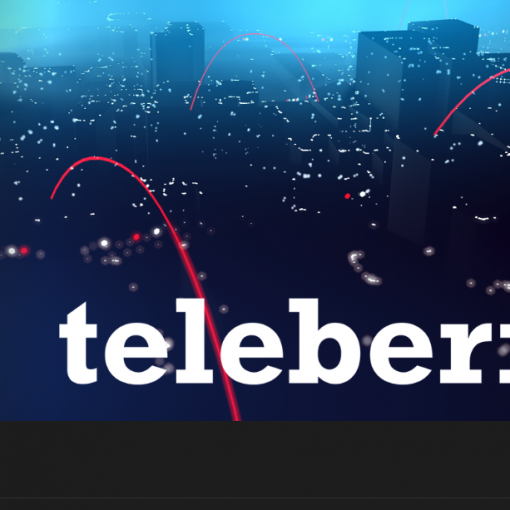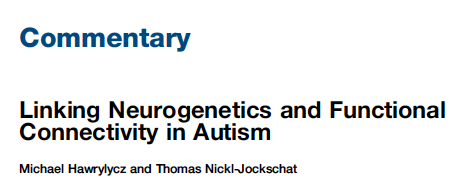Dr Joaquin Goñi
Indiana University, USA
Complex Systems in Neuroscience
Thu Sept 13, 2012. 1.00pm
Advanced neuroimaging techniques permit to get estimates of neural organization, connectivity and functioning within the human brain. In the last years, there is an increasing evidence that these aspects are not independent of each other but closely inter-related both in healthy and in impaired conditions. By using different frameworks, mainly Network theory, Information theory and Fractal theory, we are aiming to better understand the brain. Network theory provides a framework to characterize different properties of the structural connectivity, e.g. characteristics of the fiber organization connecting regions all along the cortical surface. Information theory permits to quantify the uncertainty of the activity – e.g. resting state time series- of regions, and the mutual information between region pairs. Fractal theory permits to characterize the complexity of grey matter organization -mainly driven by sulci and gyri- by evaluating a collection of shape properties at different scales. These different approaches, all of them widely used in the scientific field of complex systems, will be introduced and applied in different neuroimaging data to address different questions of brain complexity, structure and functioning.





